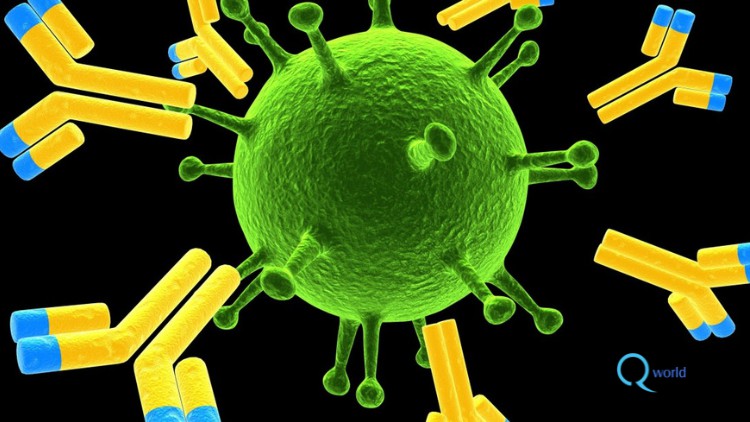
Conceptual and fundamental learning of diagnostic tests for infectious diseases
What you will learn
General Features of Antigen-Antibody reactions, Sensitivity and Specificity of a test
Precipitation, Flocculation, Immunodiffusion tests
Agglutination tests
Complement fixation test
Description
Get a conceptual and fundamental learning of diagnostic tests for infectious diseases.
Antigen-Antibody reactions
Introduction
Note➛ Make sure your 𝐔𝐝𝐞𝐦𝐲 cart has only this course you're going to enroll it now, Remove all other courses from the 𝐔𝐝𝐞𝐦𝐲 cart before Enrolling!
- What is Antigen?
- What is Epitope?
- What is Antibody?
- What is Paratope ?
- What are the general features/characteristics of Antigen antibody reactions?
- What is the difference between Immunology and Serology?
- Understand the concept of Affinity and Avidity with examples
- What is Sensitivity and Specificity of a diagnostic test?
- What are the stages of antigen antibody reactions?
- Understand difference among Primary stage, Secondary stage, Tertiary stage.
Precipitation
- What is Precipitation?
- What is Flocculation ?
- What is Lattice hypothesis ?
- What are Prozone, Postzone, Zone of equivalence? What is the significance of them?
- Precipitation in liquid reactions with examples
- Ring precipitation with example
- Flocculation test: Slide flocculation test with example (VDRL test, RPR test) and tube flocculation with example (Kahn Test)
- What is Immunodiffusion ? Precipitation in gel with examples
- What is the principle, method and result interpretation of Oudin procedure?
- What is the principle, method and result interpretation of Oakley–fulthorpe procedure ?
- What is the principle, method and result interpretation of Radial immunodiffusion ?
- What is the principle, method and result interpretation of Ouchterlony procedure ?
- What is the principle, method and result interpretation of Electroimmunodiffusion ?
- What is the principle, method and result interpretation of Counterimmunoelectrophoresis ?
- What is the principle, method and result interpretation of Rocket electrophoresis?
- What is the principle, method and result interpretation of Laurell’s electrophoresis?
Agglutination
- Agglutination definition, Types of agglutination reactions, Slide agglutination, Tube agglutination, heterophile agglutination, Coombs test, Direct coombs test, Indirect coombs test, Passive agglutination , Latex agglutinationComplement Fixation test
- Principle
- Method
- Result interpretation
- Use
English
language
Content
Antigen
Basic Concepts
Basic Concepts
Precipitation
Precipitation
Section 3: Agglutination
Agglutination
Complement Fixation Tests
Complement Fixation Tests